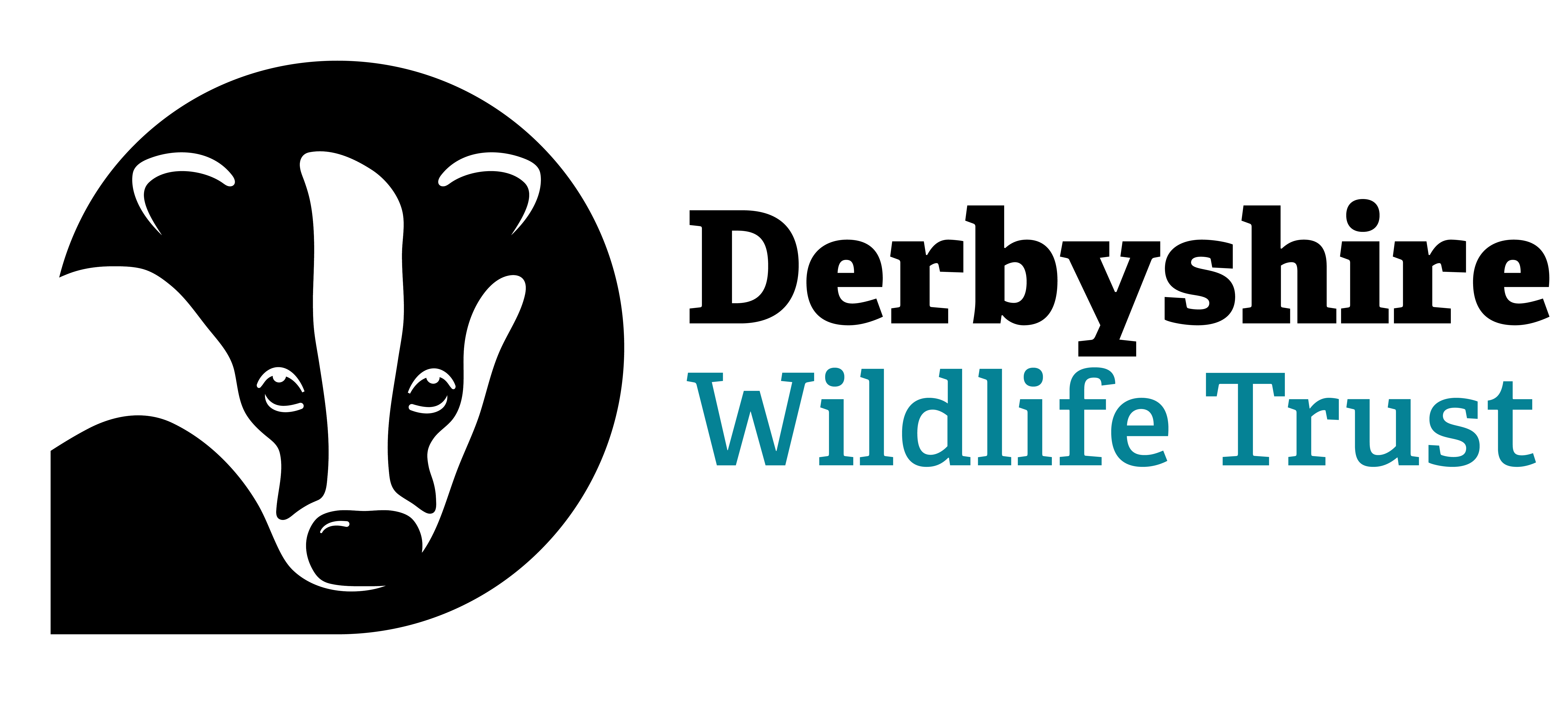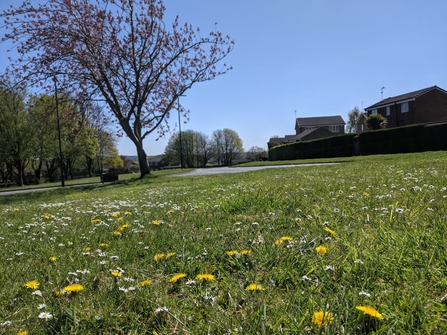97% of Britain’s meadows, once home to an abundance of flowers, bees and other wildlife, have been lost since the 1930s. Habitat loss is a major driver in the decline of nature with alarming consequences. In the last 20 years alone there’s been a 60% decline in flying insects, which are integral to the health of natural world and are vital pollinators for crops.
If managed in the right way, road verges can recreate the flower rich habitat of meadows to store carbon, create corridors for wildlife and support pollinators. This benefits biodiversity, mitigates climate change, improves agricultural production and sustainability on neighbouring farmland and helps to filter out pollutants from air and water. Less than 1% of Derbyshire’s road verges are managed for wildlife, so there’s a huge opportunity to make improvements for nature.
Following sustained pressure from local people, Derbyshire County Council hosted a conference in 2022 to discuss how road verges are maintained. The Leader of the Council subsequently agreed to fund a 2-year project looking into current maintenance arrangements and trialling a wildlife friendly approach on a few carefully chosen sites. These verges span rural locations in Derbyshire Dales as well as larger towns like Ashbourne and Matlock.


